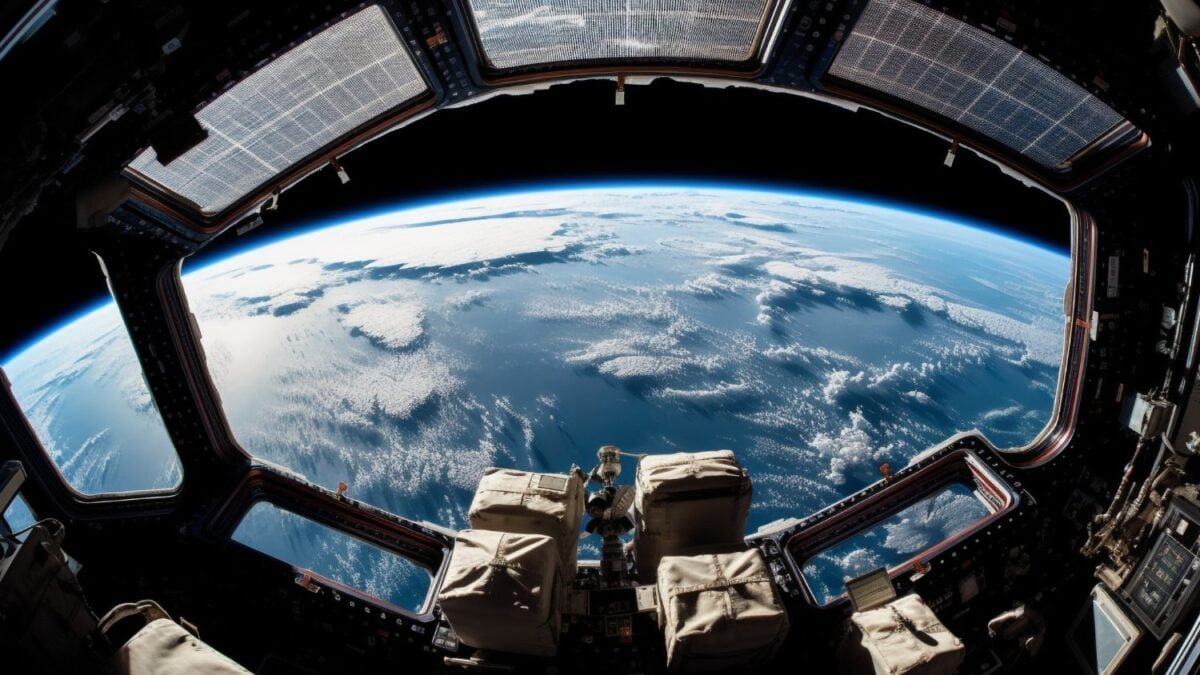Space Travel and Cellular Aging: An Unexpected Link in Science

Living in space not only challenges physical and psychological resilience: it also accelerates cellular aging. US researchers found that hematopoietic stem cells, essential for blood production and immune defenses, suffer severe damage during orbital stays. The study, published in Cell Stem Cell, combines experiments on the International Space Station with artificial intelligence and confirms that space acts as a biological accelerator that reveals invisible mechanisms on Earth.
### Nanobioreactors and a groundbreaking experiment
The team designed tiny nanobioreactors capable of keeping human stem cells alive in controlled conditions. These devices traveled on four SpaceX missions and remained in the International Space Station for over a month. For the first time, an artificial intelligence-based system allowed real-time monitoring of cell evolution outside of Earth.

### Accelerated damage: mutations and shorter telomeres
Comparing the samples with Earth controls, the results were clear: they showed internal inflammation, telomere shortening, and up to five times more mutations than those exposed to X-rays in the laboratory. In microgravity, cells entered harmful “hyperactivity,” depleting themselves and accumulating errors in their DNA, a pattern linked to increased risks of leukemia.
### Implications for astronaut and human health
Blood relies on these stem cells to produce blood cells and maintain immunity. Their accelerated wear and tear in space necessitates a rethink of safety protocols for future missions to Mars or beyond. But the finding also has implications on Earth: observing processes that take years to manifest in just weeks provides insights into aging, immunity, and cancer.






